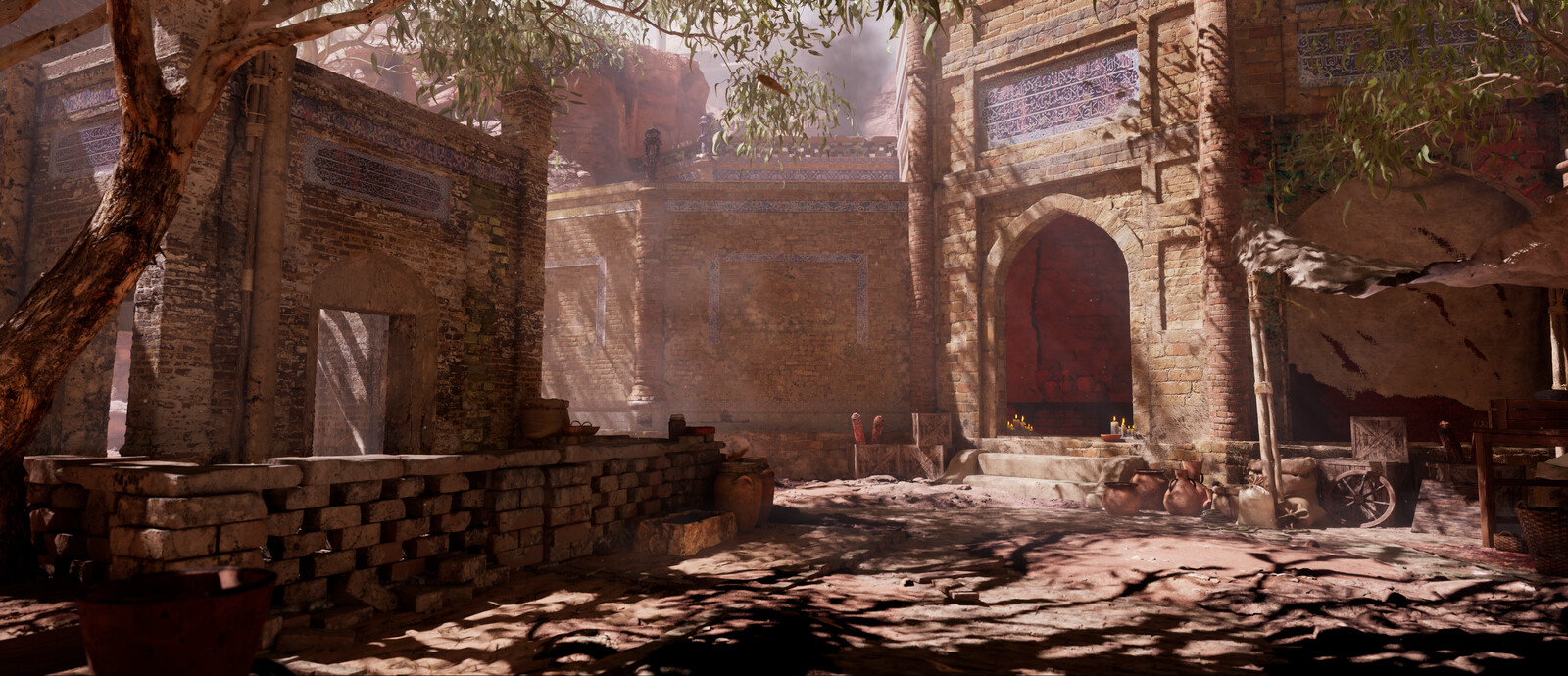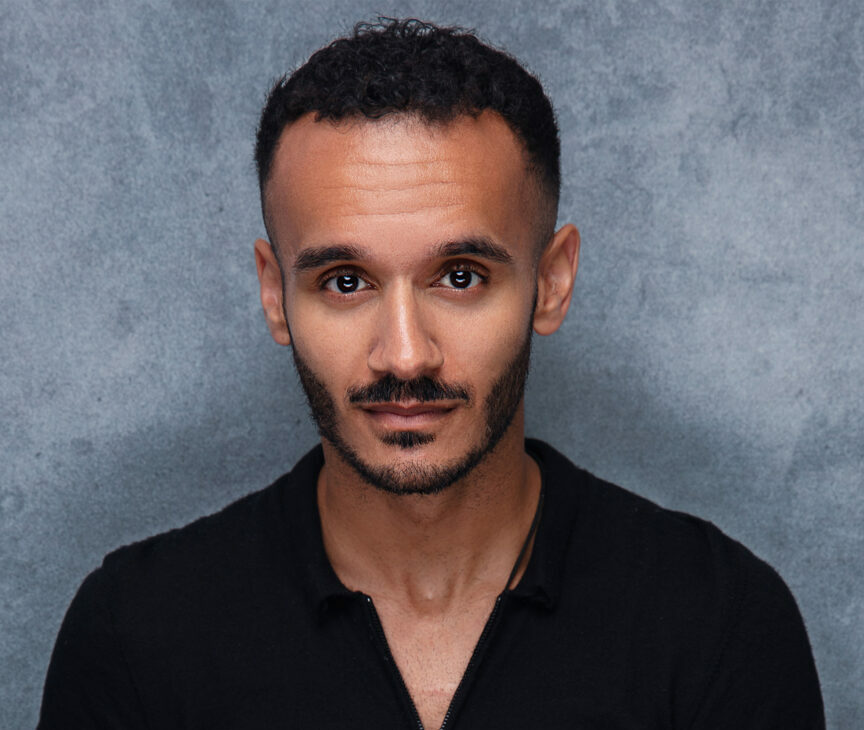Mohammed Qamar shared their story and experiences with us recently and you can find our conversation below.
Mohammed, we’re thrilled to have you with us today. Before we jump into your intro and the heart of the interview, let’s start with a bit of an ice breaker: What’s more important to you—intelligence, energy, or integrity?
For me, integrity is the most important. Intelligence and energy can certainly open doors and drive progress, but without integrity, they lack a meaningful foundation. I believe it’s vital to remain consistent in your character, values, and principles regardless of the circumstances.
Acting honorably and ethically, even when no one else is watching, defines who you truly are. It’s about making the right choices not because of external rewards or oversight, but because you know deep down it reflects who you want to be. At the end of the day, you are the one watching your every move — and if you can live in alignment with your values, you build trust not only with others but also with yourself.
Integrity provides a compass that intelligence and energy alone cannot. It’s what ensures that the impact you create is lasting, respectful, and meaningful.
Can you briefly introduce yourself and share what makes you or your brand unique?
I’m Mohammed Qamar, a Game Designer and Technical Level Artist who thrives at the intersection of art and engineering. Over the past several years I’ve had the privilege of contributing to industry-leading studios like Ubisoft, Alientrap Games, and PixelNAUTS, as well as building my own brand, QamGames. What drives me across all of these roles is a belief that games are more than just entertainment — they are powerful vessels for storytelling, connection, and positive impact.
My brand is all about creating experiences that leave something meaningful with the player. I’ve always believed that anything is possible when creativity and technology come together, and that through games we can inspire, challenge, and even change the way people see the world. Whether it’s designing immersive levels, blending narrative with environment art, or developing innovative systems, my work is rooted in this philosophy of creation with purpose.
What makes my journey unique is the range of experiences I’ve embraced — from winning game design competitions and working on AAA franchises like Far Cry and Watch Dogs to leading indie projects where I wore multiple hats. That mix of perspectives allows me to approach game development holistically: every detail, from mechanics to visuals, must serve the larger vision of creating worlds that resonate with players. Looking forward, I’m continuing to build QamGames as both a development studio and a creative consultancy, with the mission of pushing games further as a force for impact.
Great, so let’s dive into your journey a bit more. Who taught you the most about work?
The person who taught me the most about work is my father, Qamar Rafiq. He left home at just 17 to pursue his path, eventually becoming a professional squash player representing Pakistan in the 1980s alongside legends like Jahangir Khan. His journey was built on hard work, persistence, and unwavering dedication — qualities that shaped not only his athletic career but also his life beyond the court.
In his later years, he immigrated to Canada to start a new chapter. Life as an immigrant is never easy, and yet he persevered, rose above the struggles, and built a foundation for the next generation. Watching him as I grew up, I absorbed lessons from both his successes and his setbacks. His example instilled in me the importance of resilience, adaptability, and the drive to keep moving forward no matter the circumstances.
What stands out most is the way he approached his goals: he treated professional ambitions with the same importance and passion as personal ones. He showed me that when you give your work real meaning and importance, it becomes more than a career — it becomes a reflection of your character. His mindset has guided me throughout my own journey, reminding me to take initiative, act with purpose, and never give up when pursuing my goals. From my father I learned that you’ll find the strength to keep going even when the path gets difficult.
What did suffering teach you that success never could?
Suffering taught me that while life will always present challenges that can make us sad, frustrated, or even bitter, our response to those moments is what defines us. My grandfather used to say, کم کے ساتھ رہنا بہتر ہے — “it’s better to live with less.” At its core, that phrase is about perspective: when you have less, you learn to value what you do have more deeply. You find gratitude, resilience, and clarity in simplicity.
Those lessons are something success alone could never teach me. Success often validates what we already know, but suffering forces us to grow in ways we didn’t expect. It humbles you, sharpens your awareness of what truly matters, and builds an inner strength that can’t be taken away. It makes you appreciate the process, not just the outcome.
As a creative, those experiences shape the way I build games. Every world I create, every system I design, carries a piece of that understanding — that even in difficulty, there is meaning, and even in scarcity, there is beauty. Games have a unique ability to reflect life back to us, to offer players not just escapism but also subtle reminders of resilience, perspective, and purpose. Suffering taught me to embed that philosophy into my craft, ensuring that what I build isn’t just entertaining, but meaningful.
I think our readers would appreciate hearing more about your values and what you think matters in life and career, etc. So our next question is along those lines. What would your closest friends say really matters to you?
I hope my closest friends would say that games truly matter to me — not just video games, but games in every sense of the word. My mom introduced me to video games at a young age, and from that moment I began to see the beauty in what they could offer: joy, empathy, perseverance, social connection, and moments of escape. Games have always been more than entertainment for me; they’re a lens through which we can explore life, relationships, and resilience.
History reminds us of their importance too. Herodotus tells the story of the Lydians, who used dice games during a prolonged famine as a way to endure hardship — alternating days of eating with days of playing games so that the people became so absorbed in play, they were less aware of hunger. That story connects closely to Bernard Suits’ philosophy in The Grasshopper: Games, Life and Utopia, where he defines games as the voluntary pursuit of goals under arbitrary obstacles, and even suggests that an ideal life would be one centered around play itself.
That perspective deeply resonates with me as a creator. For me, making games is about crafting experiences that tap into this timeless human need — the pursuit of meaning through play. I believe that through games, we can explore resilience, discover joy, and connect more deeply with ourselves and others. My friends know that this isn’t just my profession, it’s my passion and my philosophy: games matter because they show us what it means to be human.
Thank you so much for all of your openness so far. Maybe we can close with a future oriented question. What will you regret not doing?
I think the one thing I would truly regret is not fully locking in and giving everything I have to my goals. For me, it’s about becoming the best version of myself, regardless of whether others think a dream is naïve or certain ambitions are unattainable. Jim Rohn once said, “Make plans like an adult, believe in them like a child.” That balance of disciplined structure and childlike belief has always stayed with me.
Regret comes from holding back — from letting doubt, fear, or outside voices keep you from pursuing what matters most. I would rather fall short chasing something extraordinary than look back knowing I never really tried. That sense of conviction, of moving forward with belief even when the outcome isn’t guaranteed, is what gives life meaning.
In my craft, that means continuing to push myself as a creator. Games are not just products to me; they’re vehicles for connection, reflection, and joy. If I don’t dedicate myself fully to building the kinds of games that leave a positive impact, that will be my greatest regret. Because for me, chasing those goals isn’t just professional ambition — it’s personal purpose.
Contact Info:
- Website: https://moqam.ca
- Linkedin: https://www.linkedin.com/in/moqam
- Youtube: https://www.youtube.com/@moqam
- Other: Artstation: https://www.artstation.com/moqam
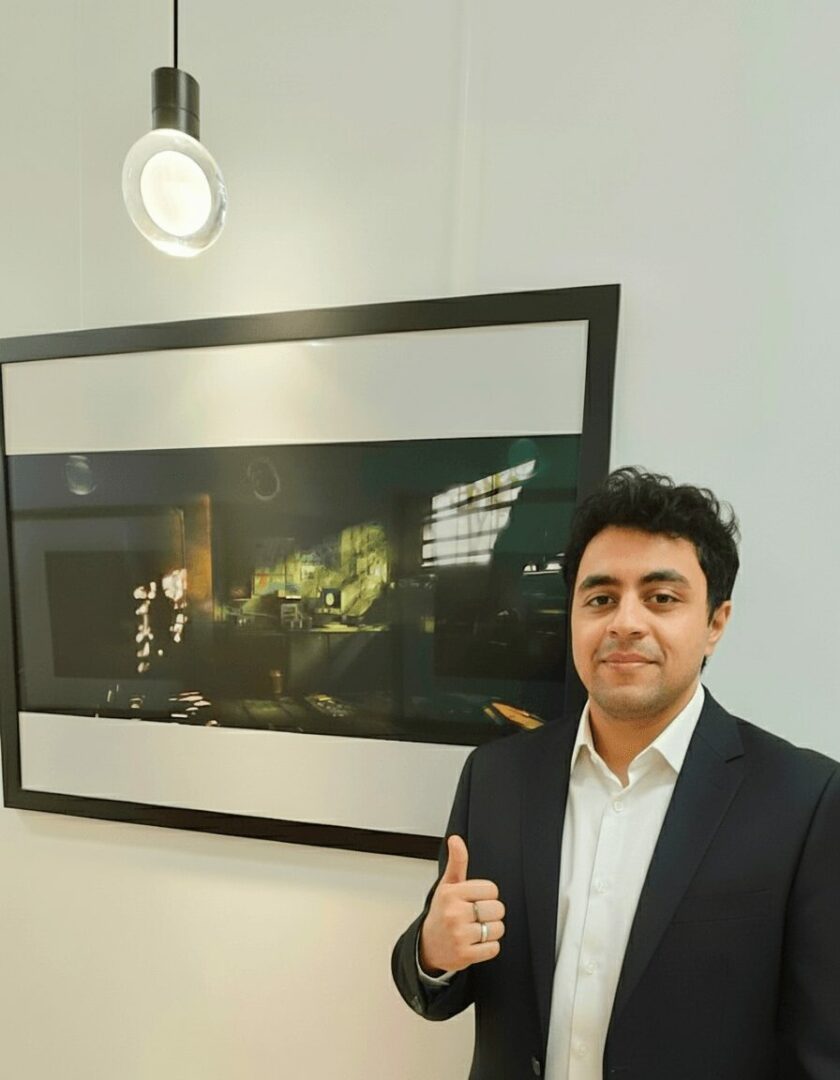
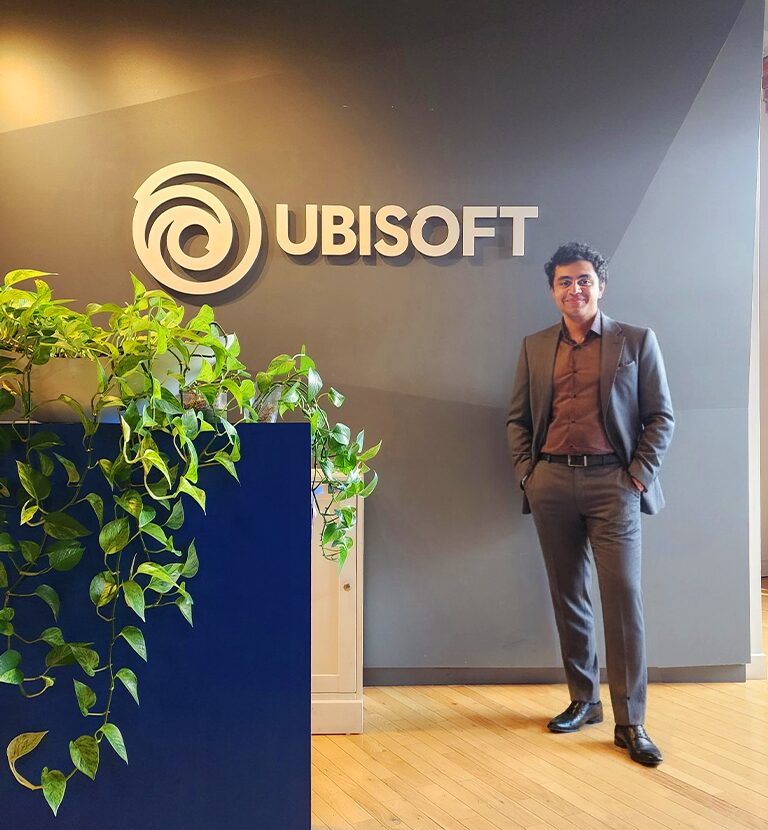
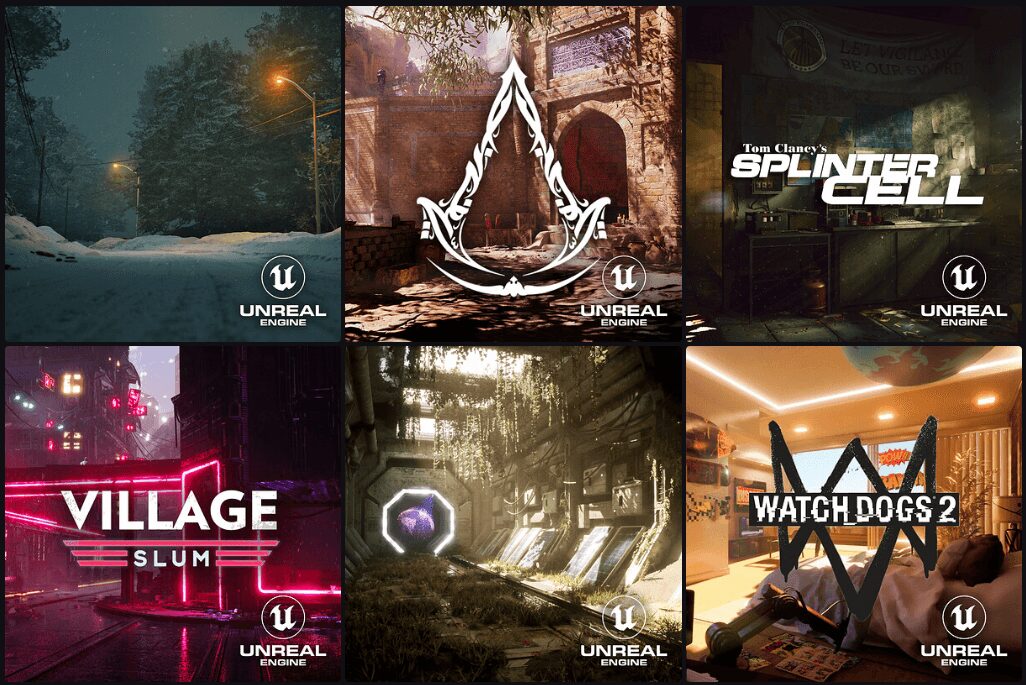
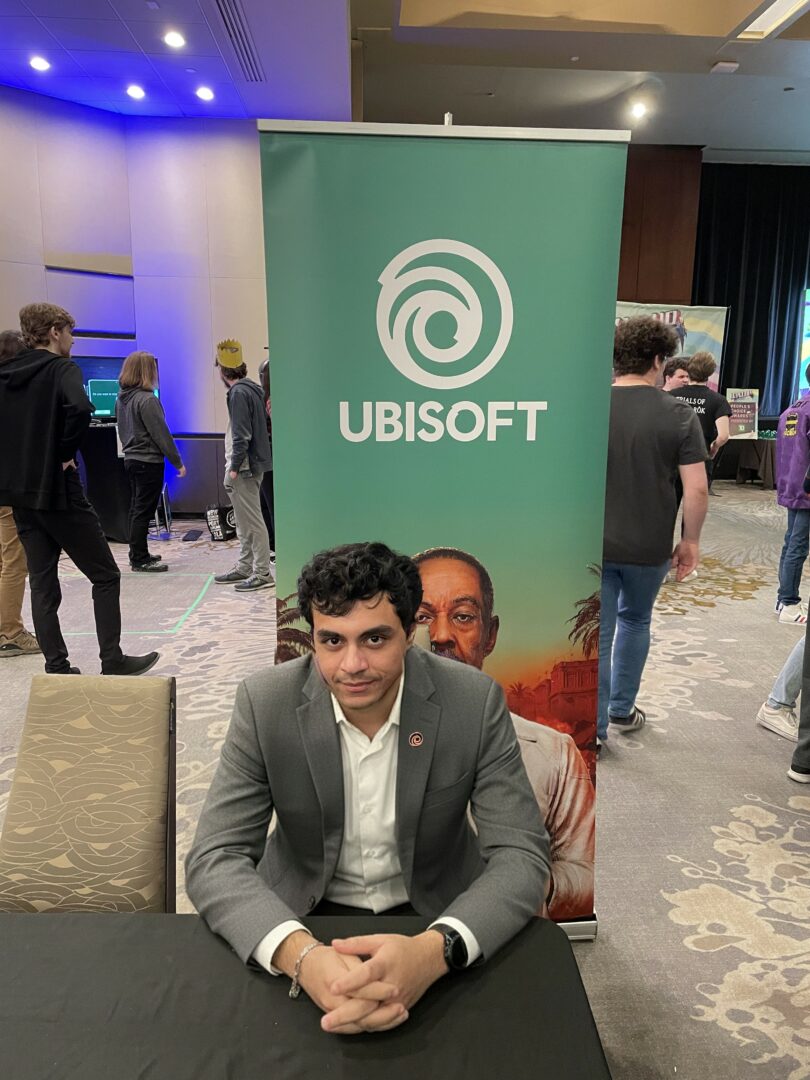
Image Credits
Mohammed Qamar,
Evan Sawatsky,
Ahmed Hasan
so if you or someone you know deserves recognition please let us know here.

